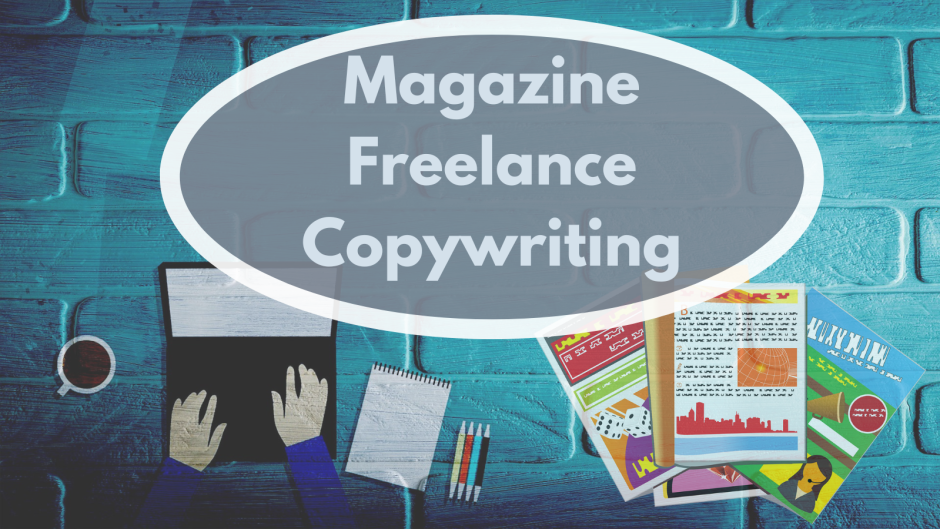No matter how long you’ve been writing, you know that your “finished” copy is really nowhere near complete. Once you’ve completed your work, the editing process begins. This can be a painstaking process for writers. Not only do you have to pick apart all of the hard work you put in, but you’re probably putting a lot of pressure on yourself to ensure your story is nothing short of perfection.
Editing is often a long process, filled with self-doubt. You might start to question your abilities, be more critical of your work and your intelligence, and start to feel down about life, in general.
Needless to say, it can all take a toll on your mental health. So, it’s essential to take care of your mental well-being throughout the editing process. If you don’t, you could be at risk of burning out and losing your desire to write and be creative. You might even end up resenting your work.
So, what can you do to take care of your mental health in the editing process, and how can you mitigate burnout?
Establish a Routine

Maybe you have a strict deadline that you need to make, and it’s putting extra weight on your shoulders. Or, maybe you don’t have a timeline in place, causing you to procrastinate and be even more critical of your work. In either situation, a healthy routine can help.
Even if you’re working from home and you don’t have any tight deadlines ahead, a routine can help with:
- Reducing stress
- Boosting productivity
- Reducing anxiety
- Giving you more time to relax
- Encouraging healthy habits
Having a regular routine will make it easier to get the sleep your mind and body need. A lack of sleep is often linked with stress and depression. Prioritizing a good night’s rest can boost your mental well-being. You’ll also have more time to cook healthy meals, exercise, and socialize with friends and family. These are all things that are fantastic for your mental health and can help you achieve a better work-life balance.
Your daily routine should also include taking frequent breaks. While that might sound counterproductive to the editing process, sometimes stepping away from your work for a short time can make you feel more refreshed and creative when you get back to it. Clear your head by stepping outside for a few minutes, or try some deep breathing techniques to reduce your stress and boost your creativity during your break time.
Be Kind to Yourself
Self-compassion isn’t usually the top priority when a writer is editing. As you start to see more things you want to add or take away from your work, it’s easy to feel down about yourself and your abilities.
However, it’s important to lead with self-compassion when it comes to editing your own work. Self-compassion lets you acknowledge that you’re feeling down, but allows you to be patient and warm with yourself as you work through the difficult parts of the process. It can also improve your health. The more compassionate you are with yourself, the more likely you’ll be to make healthier lifestyle choices that benefit your mind and body.
Finally, be kind to yourself by reaching out for help when you need it. Chances are, you have a great support system out there. Whether it’s family members or friends, people are on your side and they want you to feel good about yourself. Socialize often, spend time in nature with people you love, and don’t hesitate to talk to a mental health professional if you’re really struggling.
When writing is your passion, the last thing you want is for it to become an obligation or something that causes stress. Keep these tips in mind to mitigate the effects of writer burnout during editing, and to enjoy the experience once again.

Amanda Winstead is a writer from the Portland area with a background in communications and a passion for telling stories. Along with writing she enjoys traveling, reading, working out, and going to concerts. If you want to follow her writing journey, or even just say hi you can find her on Twitter.





No Comments